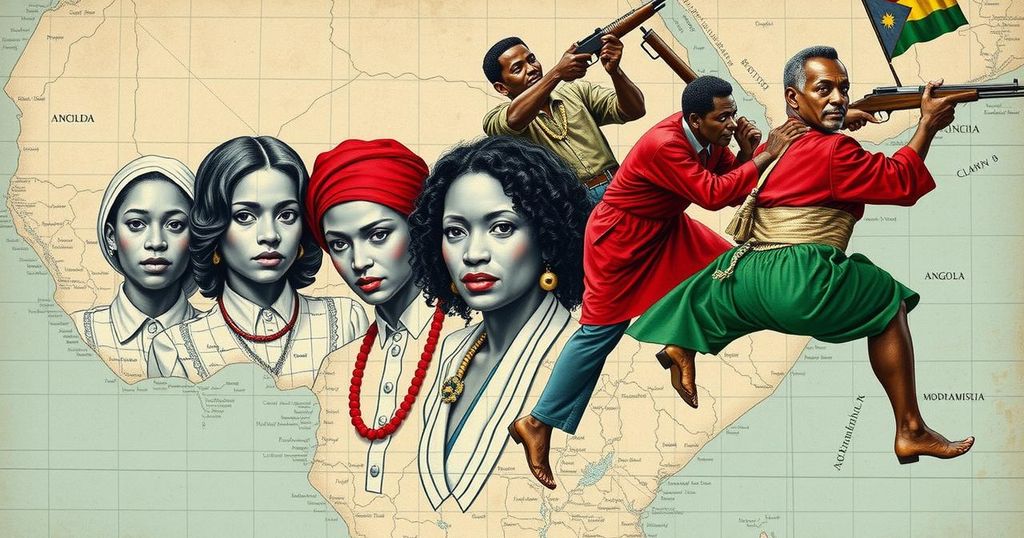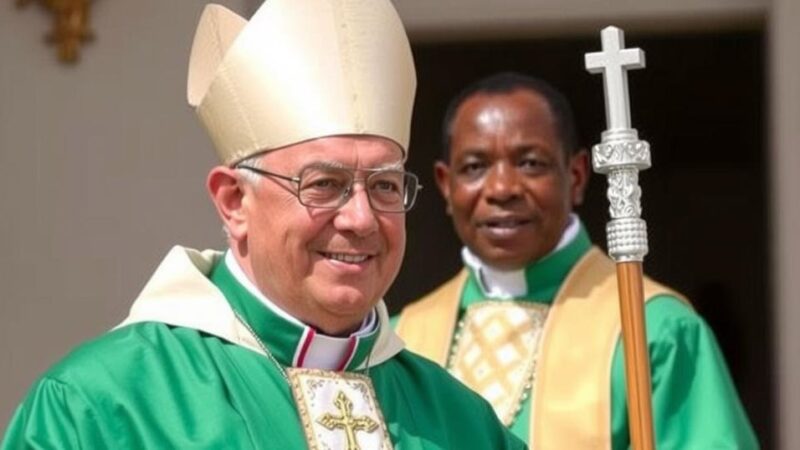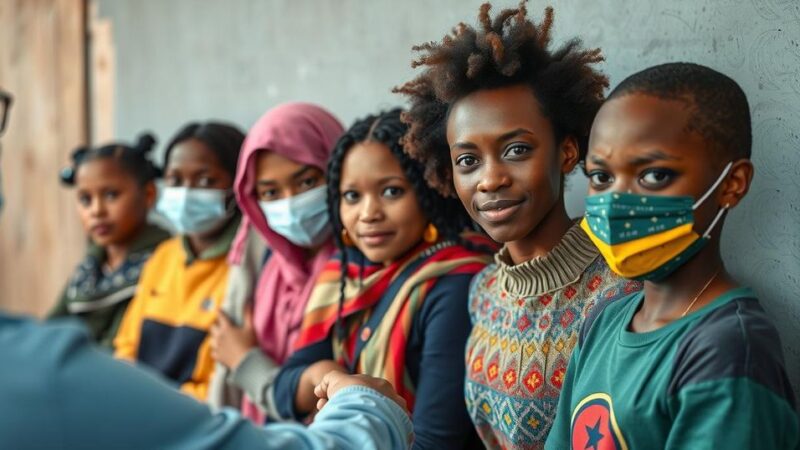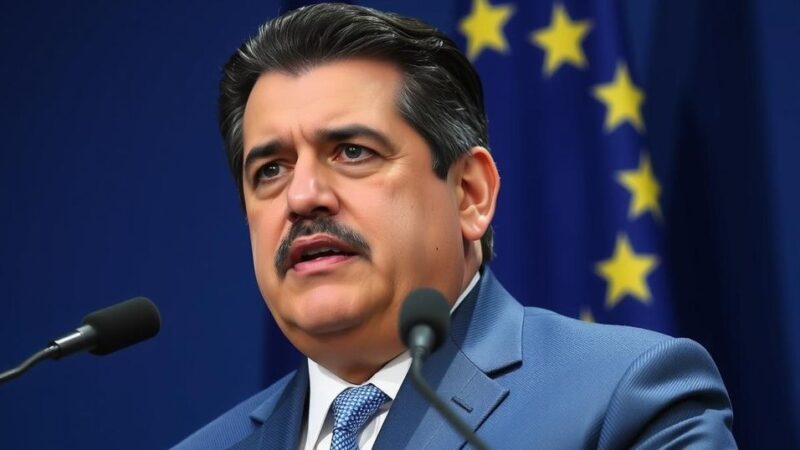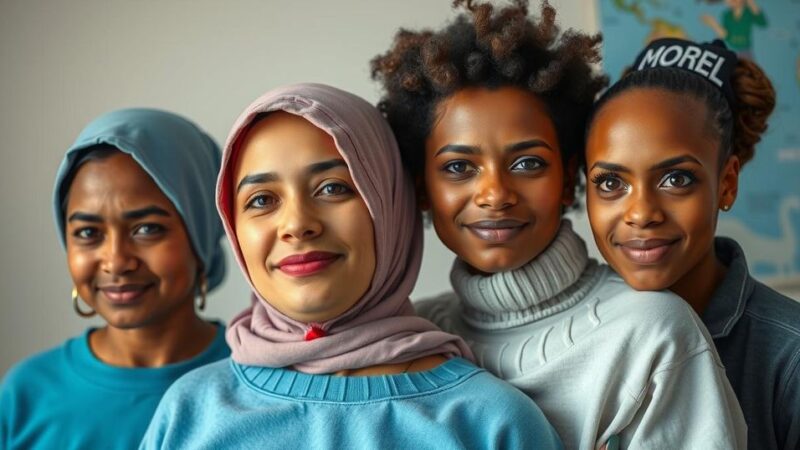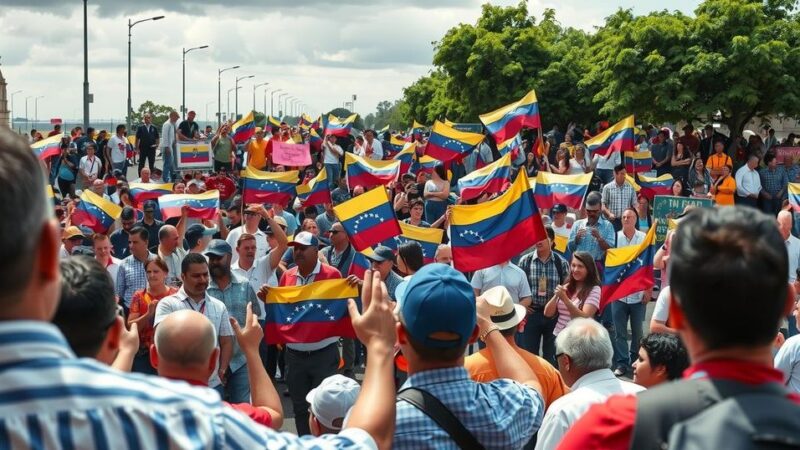The West’s recent recognition of Angola’s President João Lourenço amidst allegations of election rigging highlights a troubling trend of prioritizing strategic interests over democratic integrity. This leniency extends to Mozambique, where election outcomes have sparked unrest. The article critiques the West’s shifting stance, emphasizing the danger of sacrificing democratic values for the sake of geopolitical goals.
In recent developments, Angola’s President João Lourenço has gained unexpected recognition from the Western powers, particularly following his meeting with U.S. President Joe Biden. This recognition raises questions about the West’s commitment to democracy, as it appears to overlook electoral malpractices in favor of strategic alliances. With a backdrop of questionable elections both in Angola and Mozambique, the West’s policy of promoting stability over democratic integrity stands out as a troubling trend. Despite allegations of rigged elections, Western nations seem willing to condone undemocratic practices if it aligns with their economic and geopolitical interests, particularly concerning mineral resources.
The political landscape in Angola and Mozambique is marked by allegations of election rigging and government malpractice. The recent elections in these nations raised significant concerns about electoral integrity and the legitimacy of ruling parties, specifically the Frelimo party in Mozambique. The recognition of Angola’s President Lourenço by the U.S. administration highlights a perceived shift towards prioritizing strategic partnerships over democratic values in Western foreign policy, presenting a complex challenge for proponents of democracy.
This discussion reveals the troubling compromises made by Western democracies, wherein strategic interests take precedence over the promotion of democratic practices in Africa. This approach could undermine the credibility of Western nations in advocating for democracy globally. There is a growing need for the West to reevaluate its policies to genuinely support democratic processes, particularly in nations like Angola and Mozambique, where improper election practices have been enabled by external endorsement.
Original Source: www.thebrenthurstfoundation.org

